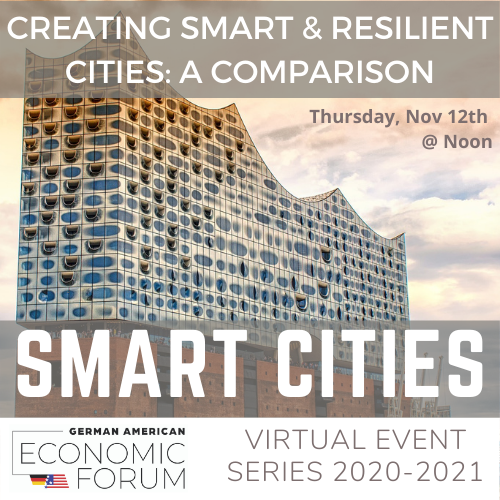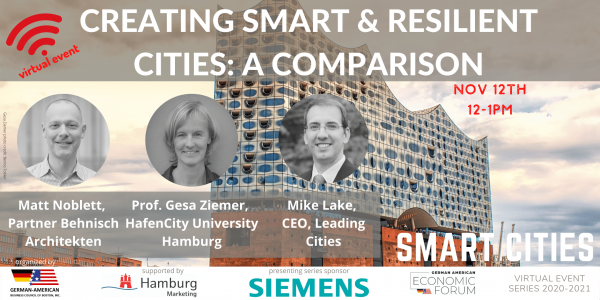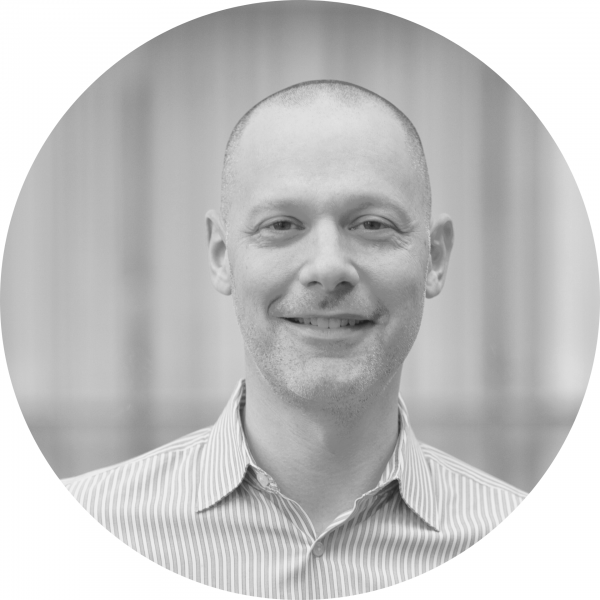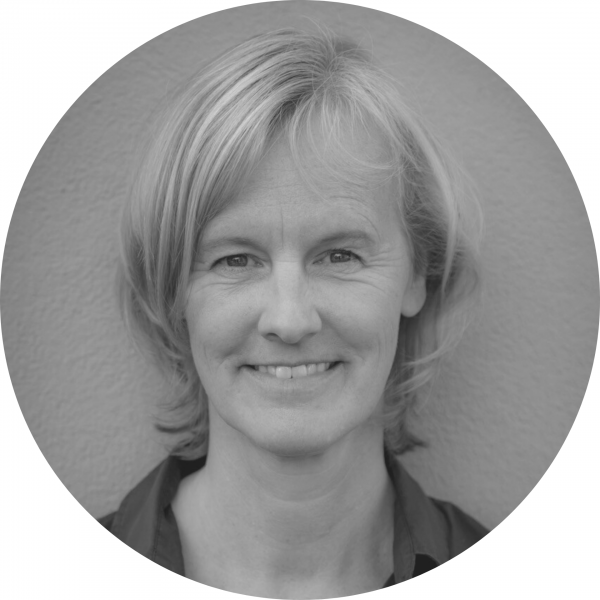Creating Smart & Resilient Cities: A Comparison
Thursday, Nov 12, 2020


A Look at Hamburg’s HarborCity (“HafenCity”) and other Models
Most cities around the world face a common issue today: city centers have largely lost their mixed use as they have been taken over by commercial activity (shopping, entertainment, work) while residential life has moved to the peripheries or “hip” (and expensive) quarters, leading to long commutes into the city, exacerbating traffic (and emissions), empty city centers after workhours. And this was before the pandemic.
Now the pandemic may offer opportunities to rethink the use of cities with a mixed-use concept of inner city space that includes residents, brings back small-scale manufacturing, and allows for multifunctional, safe and target-group oriented public spaces. It would also allow to continue densification while reducing urban sprawl and lowering the carbon footprint.
Our panelists and moderator have seen and worked on different projects in different cities in the USA, Germany and Asia. Different cultures, different cities – but same challenges?
We will explore how the U.S., Germany and other parts of the world use different approaches and technologies to tackle these challenges, including looking at the example of Hamburg’s HafenCity (HarborCity) project. We will address questions such as:
- How has the Covid pandemic changed the way we think about city spaces and what are some of the challenges city planners and governments are facing?
- How can digital technology help us to plan better for (pandemic and climate) resilient cities and how can municipal governments make sure that the development of its built environment integrates human needs, rather than only commercial interests?
- How can cities incentivize the building of sustainable buildings or the retrofitting of existing land/building stock, e-mobility infrastructure, low-carbon transport systems, mixed use developments?
Date: Thursday, November 12, 2020
Time: 12PM to 1PM
Platform: Zoom Meeting
Panelists:
- Matt Noblett, Partner, Behnisch Architekten (Moderator)
- Mike Lake, President & CEO, Leading Cities
- Gesa Ziemer, Professor at HafenCity University, Head of CityScienceLab
Register via the Link below. You will receive an Email with the Zoom link before the Event.
Speakers:
 Robert Matthew Noblett joined Behnisch Architekten, Boston, in 2007 and has been serving as Partner in Charge there since 2009. He obtained his B.Sc. in Architectural Studies from the University of Illinois at Urbana-Champaign and his Master of Architecture from MIT. He has lectured at universities in Boston, North Carolina, New York, Pennsylvania and Mexico. He is an AIA member and NCARB-certified architect.
Robert Matthew Noblett joined Behnisch Architekten, Boston, in 2007 and has been serving as Partner in Charge there since 2009. He obtained his B.Sc. in Architectural Studies from the University of Illinois at Urbana-Champaign and his Master of Architecture from MIT. He has lectured at universities in Boston, North Carolina, New York, Pennsylvania and Mexico. He is an AIA member and NCARB-certified architect.Mike Lake, President & CEO, Leading Cities
 Michael is the founding President and CEO of Leading Cities. As President and CEO, Michael establishes and develops relationships with municipal governments, private sector businesses and universities around the world, creating a global network of partner cities dedicated to creating business development and government cooperation opportunities and implementing public policy that effectively addresses the shared challenges facing 21st century cities.
Michael is the founding President and CEO of Leading Cities. As President and CEO, Michael establishes and develops relationships with municipal governments, private sector businesses and universities around the world, creating a global network of partner cities dedicated to creating business development and government cooperation opportunities and implementing public policy that effectively addresses the shared challenges facing 21st century cities.
Michael has served as Special Assistant for White House Operations to two Presidents, policy research analyst to the former Prime Minister of Ireland, and Director of Development for United Way of Massachusetts Bay and Merrimack Valley.

Photo credit: Benno Tobler
Gesa Ziemer (Prof. Dr. phil.) is Professor for Cultural Theory at the HafenCity University Hamburg. She heads the CityScienceLab, which is a cooperation with the MIT Media Lab, and which researches on the future of cities (with a special focus put on digitalisation). Her research foci are: the digital city, new forms of cooperation, and urban public life. She is currently a fellow of the Humboldt Foundation (Feodor-Lynen Program) at the Harvard Kennedy School, Cambridge, MA, USA. She is a member of the Accreditation Committee of the Scientific Council of Germany and she is currently co-founding UNITAC Hamburg (United Nations Innovation Accelerator of Cities) as senior advisor/academic lead.
Presenting Sponsor of the Smart Cities virtual event series:
Siemens Smart Infrastructure (SI) is shaping the market for intelligent, adaptive infrastructure for today and the future. It addresses the pressing challenges of urbanization and climate change by connecting energy systems, buildings and industries. SI provides customers with a comprehensive end-to-end portfolio from a single source – with products, systems, solutions and services from the point of power generation all the way to consumption. With an increasingly digitalized ecosystem, it helps customers thrive and communities progress while contributing toward protecting the planet. SI creates environments that care. Siemens Smart Infrastructure has its global headquarters in Zug, Switzerland, and has around 72,000 employees worldwide.
Siemens AG (Berlin and Munich) is a global technology powerhouse that has stood for engineering excellence, innovation, quality, reliability and internationality for more than 170 years. Active around the world, the company focuses on intelligent infrastructure for buildings and distributed energy systems and on automation and digitalization in the process and manufacturing industries. Siemens brings together the digital and physical worlds to benefit customers and society. Through Mobility, a leading supplier of intelligent mobility solutions for rail and road transport, Siemens is helping to shape the world market for passenger and freight services. Via its majority stake in the publicly listed company Siemens Healthineers, Siemens is also a world-leading supplier of medical technology and digital health services. In addition, Siemens holds a minority stake in Siemens Energy, a global leader in the transmission and generation of electrical power that has been listed on the stock exchange since September 28, 2020. In fiscal 2019, which ended on September 30, 2019, the Siemens Group generated revenue of €58.5 billion and net income of €5.6 billion. As of September 30, 2019, the company had around 295,000 employees worldwide on the basis of continuing operations. Further information is available on the Internet at www.siemens.com.

